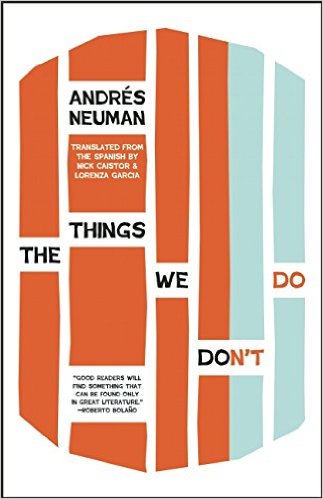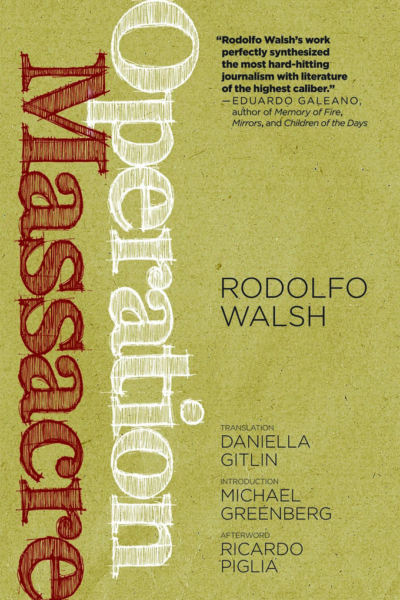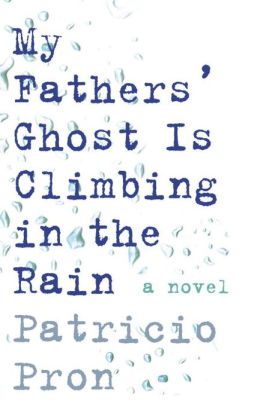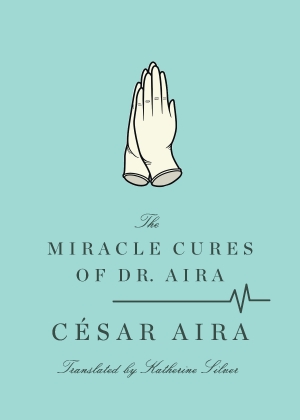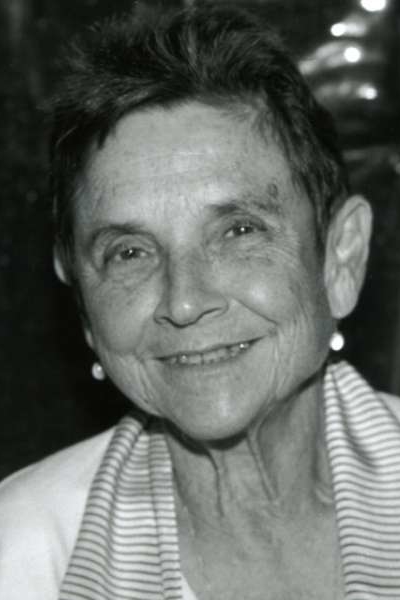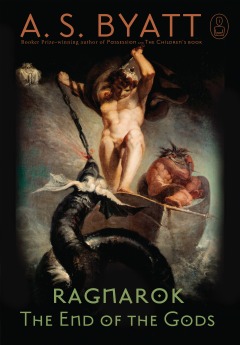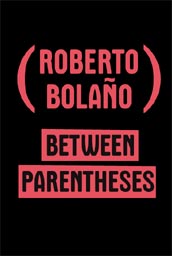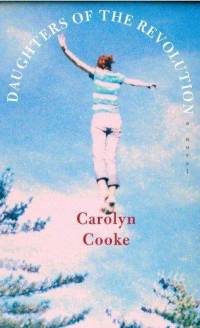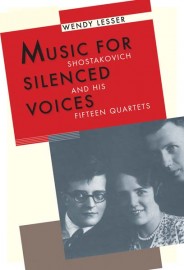The Things We Don’t Do – Andrés Neuman
The best stories in the collection are similarly masterful examples of the short form, and beautiful expeditions into the nebulous space between self and other.
Operation Massacre – Rodolfo Walsh
Walsh sees the world as it is, but he never loses sight of the world as it should be.
My Father’s Ghost is Climbing in the Rain – Patricio Pron
The difficulty of writing when one’s own story has been broken.
The Miracle Cures of Dr. Aira – César Aira
What does writing have to do with saving the dying?
In her work, Ms. Rich has never let her readers believe in a distinction between the personal and the political, the personal and the artistic, the personal and the poetic. An angry, beautiful struggle shines in her poetry, one which her death does not end.
Ragnarök: The End of the Gods – A.S. Byatt
Byatt manages to fill even this little book with her characteristic dense, glossy prose, each page carefully embroidered with beautifully knotted images.
Between Parentheses – Roberto Bolaño
In Bolaño’s world, writers are warriors and only the brave survive. Between Parentheses made me want to live there forever.
Daughters of the Revolution – Carolyn Cooke
This novel brought back a nostalgic draft of the feeling I associate with discovering literature, when reading was a process of constant blossoming, feeling like my mind was being tended by the deceptively gentle hand of a master of immense talent and wisdom. It’s not a feeling I have very often as an adult reader, and it’s a gift.
Music for Silenced Voices – Wendy Lesser
The composer, whose darkness and turbulence, even violence, seemed like a refuge for the teenage soul in its unsteadiness, was always Shostakovich. I suppose the pervasive sense of oppression in his music spoke to a teenager’s natural sense of oppression and scrutiny. Of course, Shostakovich’s sense of oppression came from the constant scrutiny and pressure of a totalitarian regime—a teenager’s comes from the sense that the whole world is a totalitarian regime.



